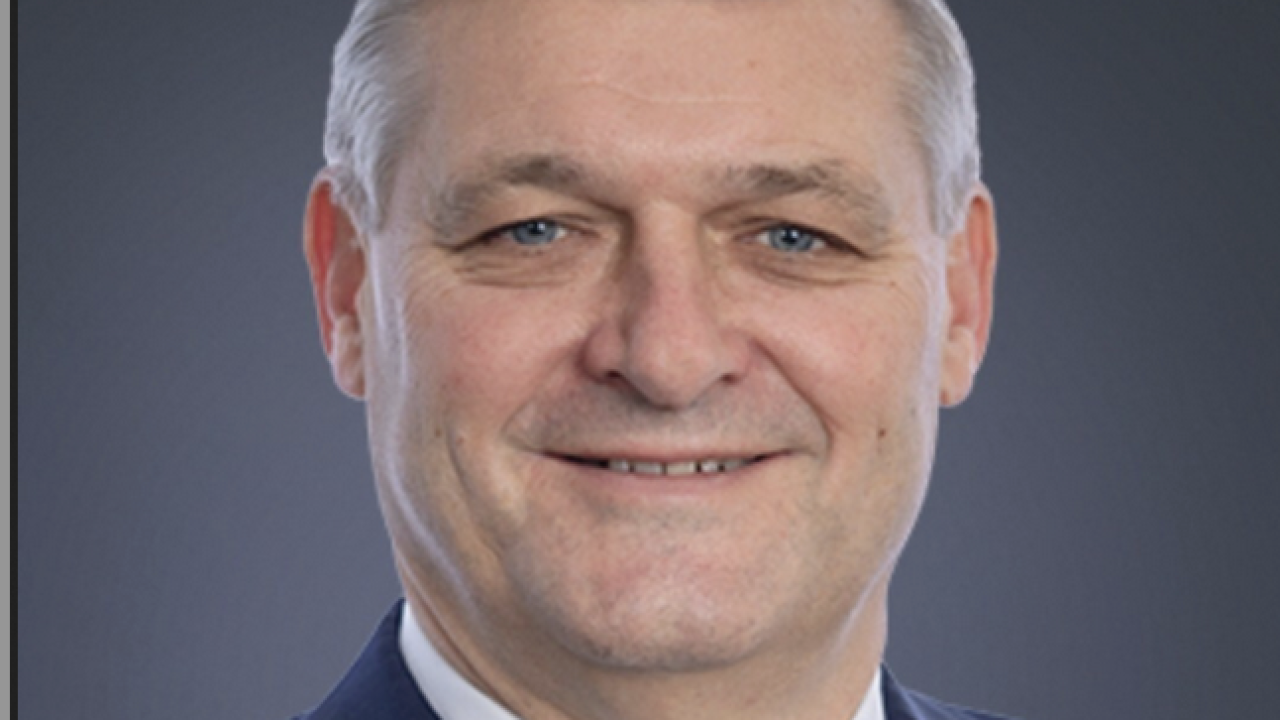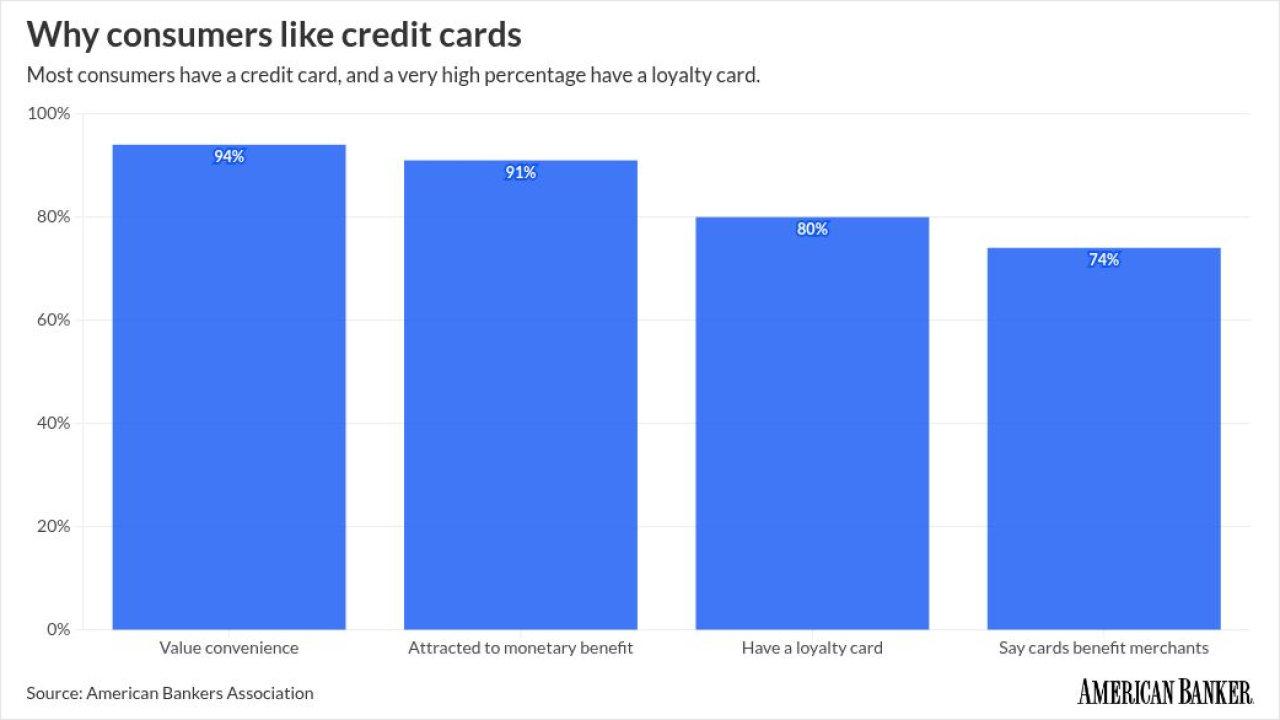Capitalism is at a crossroads-under fire from the antiglobalization movement, battered by terrorism and burdened by unreasonable expectations of double-digit growth despite saturated markets, according to one person.
And poised to lead the way into a radical new era of sustainable enterprise that embraces low-income markets and drives profit without harming the environment are credit unions?
Stuart Hart believes so. Hart, the S.C. Johnson chair of sustainable global enterprise and professor of management at Cornell University's Johnson School of Management, addressed the recent Credit Union Executives Society's annual convention here.
According to Hart, the rising tide of antiglobalization is growing and slamming into capitalism's push for expansion. This conflict leads to a question: must corporations' thirst for growth and profits serve only to exacerbate degradation and inequity?
"Some in the antiglobalization movement say 'yes,' but I clearly don't. I'm a professor at a business school," he said.
Hart sees capitalism, environmentalism and socialism as three diverging forces that form a triangle. If any of the three elements are pushed too far, they lead to a conclusion that does not make sense. Capitalism taken beyond its extreme leads to a triumph of individuals over community and environment, he said. Extreme environmentalism equals a triumph of nature over people. Socialism taken too far brings a triumph of community over individuals.
Sustainability, on the other hand, extracts from all three elements of the triangle - economy, environment and social. The challenge, he said, is discovering how to dissolve the presumed tradeoffs of the three forces. Hart believes the world should not think of the economic portion first and then backfill the other two.
"Think of all three from the start. This creates much more total value in all three dimensions," he said. "The triple bottom line creates synergy and a superior strategy that is sustainable."
"Credit unions are uniquely positioned to be leaders in this sustainable enterprise," he added.
Banks are "stuck" in tradeoff thinking, Hart said. They see their responsibility to the environment as minimal: legal compliance, not much more. Their social responsibility is even less: serving the wealthy. Their focus is on the economic side: higher margins, higher ROA and faster growth.
CUs are in a position to "shatter this tradeoff in all three dimensions," he asserted. They are inherently clean and sustainable, so they are good for the environment. They are community centered and locally responsive, and therefore socially beneficial. And their tax-exempt status gives a shared upside.
Base of the Pyramid
The 6.3-billion people in the world form a pyramid, Hart said. Individuals in the "wealthy" top portion - roughly 800 million - have purchasing power in U.S. dollars of greater than $15,000. The emerging middle class, now 1.5 billion strong, has purchasing power of $1,500 to $15,000 per person. The base of the pyramid is comprised of the planet's remaining four-billion people, each of whom have less than $1,500 in purchasing power.
Most investment and business has focused on the top of the pyramid, he said. However, the top has become saturated, causing companies to look further down the pyramid for opportunities. For years, they have looked to the emerging middle, but now they are looking at the base.
"The base has been poorly served," said Hart. "One example is predatory lenders. Poor people pay a lot for bad service. Therefore, there is opportunity. But to reach the base of the pyramid, we must create a new, low-cost system. Credit unions are precisely positioned to serve this population in a way no one ever thought of doing it before."
Divergent BOP Strategies
Instead of a small reach to the "down markets" in the middle, companies should make a great leap to the base, Hart said. In doing so, the business world can follow the path of Nike or the path of Unilever.
A few years ago, Nike's sales had stagnated and the company was receiving bad publicity from its use of production facilities in Asia that had been called sweatshops. It decided to target China with low-cost shoes. Unilever had a similar challenge (though without the bad press): sales were slow in the company's primary markets, so it decided to target low-income consumers in India.
From this set up, the two companies diverged. According to Hart, Nike sent a handful of representatives to China for two weeks, then designed a shoe. It used its existing manufacturing and marketing structure, and distributed the shoes via its regular retailers.
"Nike sold 400,000 pairs of these shoes in the first year, but it never really took off. It failed to hit sales targets and never reached the bottom of the pyramid."
The problem, he said, was Nike took an "incremental" leap, rather than a "disruptive" one. "Disruption is the way real growth takes place. They used their existing business structure and took the cost out of their current model. To me, this is what the banks are doing, and they are doomed."
'Deep Listening Techniques'
Unilever, which makes a variety of products from hand soap to butter substitute, opted for a disruptive strategy that invented a new, low-cost system for marketing its laundry detergent. The company used "deep listening" techniques - sending representatives to live in Indian villages for six to eight weeks. It built a new distribution system using local sales agents and small retail outlets. As a result, Unilever reached the base of the pyramid and achieved excellent growth.
"Unlike Nike, which tried to ride its existing system and failed, Unilever created a new path." He assessed. "It has become clear the two pathways exist, and credit unions are in much better position than banks to take the pathway Unilever did."
According to Hart, the aspiring poor present a "prodigious opportunity" for the world's wealthiest companies. While the banks ignore the base of the pyramid because it doesn't look "big enough" to justify their time, CUs can engage this fringe market, Hart said.
"Credit unions cannot just use their existing business model and take it down the market. Create a separate structure - a firewall to protect it from the existing business, devise new metrics and develop through partnerships. If credit unions reach out beyond their stakeholders and consciously embrace new markets, that is the great leap forward."
"This is where we're going. I'm convinced of it," he added.





